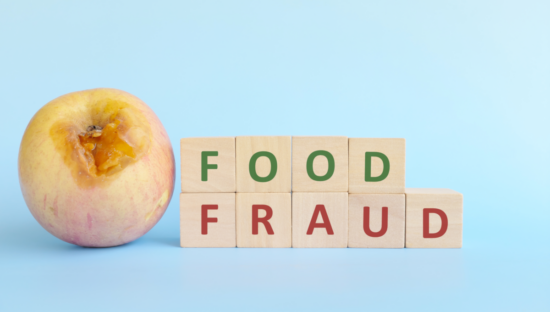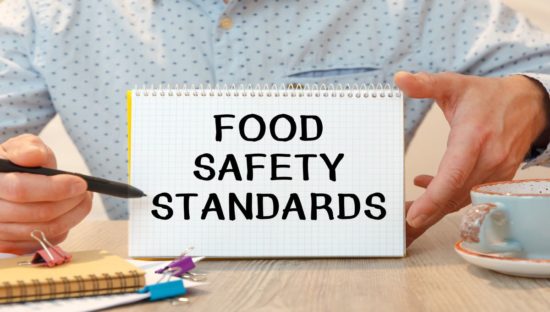The number of fraud and non-compliance discussions in Europe went up in August compared to the month before. Three reports involved the United States.
There were 166 reports in August, compared to 136 in July, 164 in June, and 129 in May.
Issues listed are potential frauds. Non-compliance may lead to investigations by authorities in EU member states. Details come from a monthly report published by the European Commission.
Data includes suspected cross-border fraud topics shared between members of the Alert and Cooperation Network (ACN).
A total of 38 reports mentioned dietetic foods, food supplements and fortified foods. Second was confectionery with 14 notices while fruit and vegetables were third with 11.
The majority of issues were uncovered through market controls. On 10 occasions, the method of detection was a company’s internal inspection and 19 times it was a consumer complaint. Two problems were detected from whistleblower information.
August highlights
Three alerts involved the United States in August. They were steviol glucosides in a flavored drink; acesulfame k and sucralose in lemonade; and yohimbine in food supplements.
Examples of adulteration were beef in horse meat from Poland and other vegetable oils in extra virgin olive oil from Greece.
Titanium dioxide, mostly in sweets, was a common problem. Three notifications were for ethylene oxide in products from India. Sudan 2 was found in a curry powder from the Netherlands.
Record tampering incidents included gluten in gluten-free meatballs from Denmark and alleged fraudulent use of another operator’s identification for supplements in Spain.
Under the theme of traceability defects, there was suspected forgery of origin of pistachio kernels from Turkey instead of Iran as well as eggs from a non-EU origin labeled with an EU producer code. Another issue was a label and document mismatch of duck meat from China and rice from Vietnam.
An unauthorized operator was the reason for a few alerts. This included supplements in Germany, beef ribs in Hungary and sausages in Austria.
Food products from Afghanistan were transported in unsuitable conditions and there was an attempt to illegally import products of animal origin from Moldova.
Several non-compliances listed ingredients not authorized in the EU, items skipping border controls, as well as residues of veterinary medicines and pesticides above the maximum residue limits (MRL).
(To sign up for a free subscription to Food Safety News, click here)



